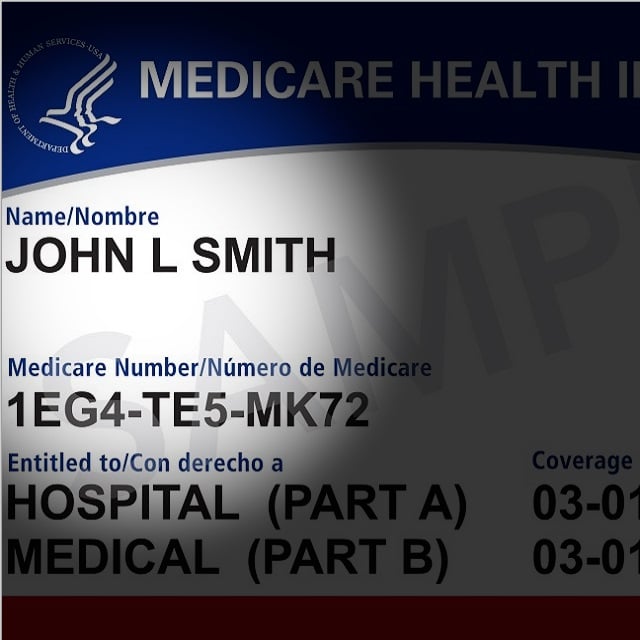
State insurance regulators are looking for ways to help people affected by Medicare Advantage plan upheaval buy Medicare supplement insurance policies without facing medical underwriting.
The topic has come up this week during sessions organized by at least two National Association of Insurance Commissioners teams at an in-person NAIC meeting in Denver.
Members of the NAIC's Senior Issues Task Force talked about the Medicare supplement insurance access problem Sunday with representatives from the Centers for Medicare and Medicaid Services, the arm of the U.S. Department of Health and Human Services that oversees Medicare.
Members of the NAIC/Consumer Liaison Committee heard a presentation on the issue during a session Tuesday.
Bonnie Burns and Ammy Killelea said during the NAIC/Consumer Liaison Committee presentation that states can help displaced Medicare Advantage plan enrollees by creating their own special enrollment periods, or extra opportunities for people to sign up for Medicare supplement insurance.
States can also ask Xavier Becerra, the Health and Human Services secretary, to exercise his broad authority to create a special enrollment period, Burns and Killelea said.
Such a period should be available when a Medicare Advantage plan faces a significant loss of health care providers as well as when a plan leaves a market, Burns and Killelea said.



